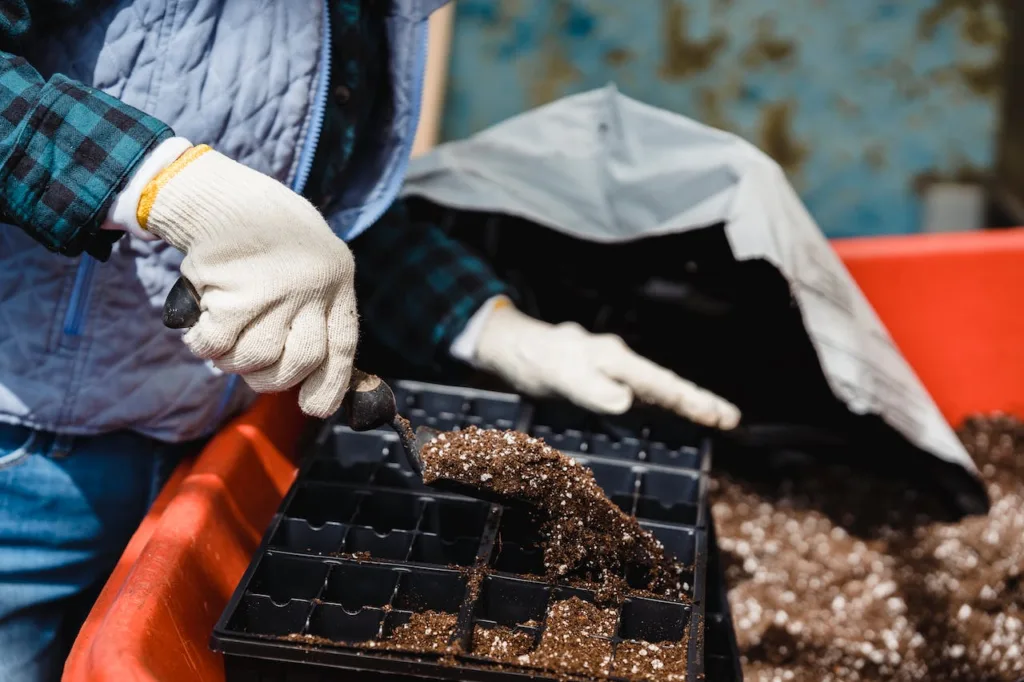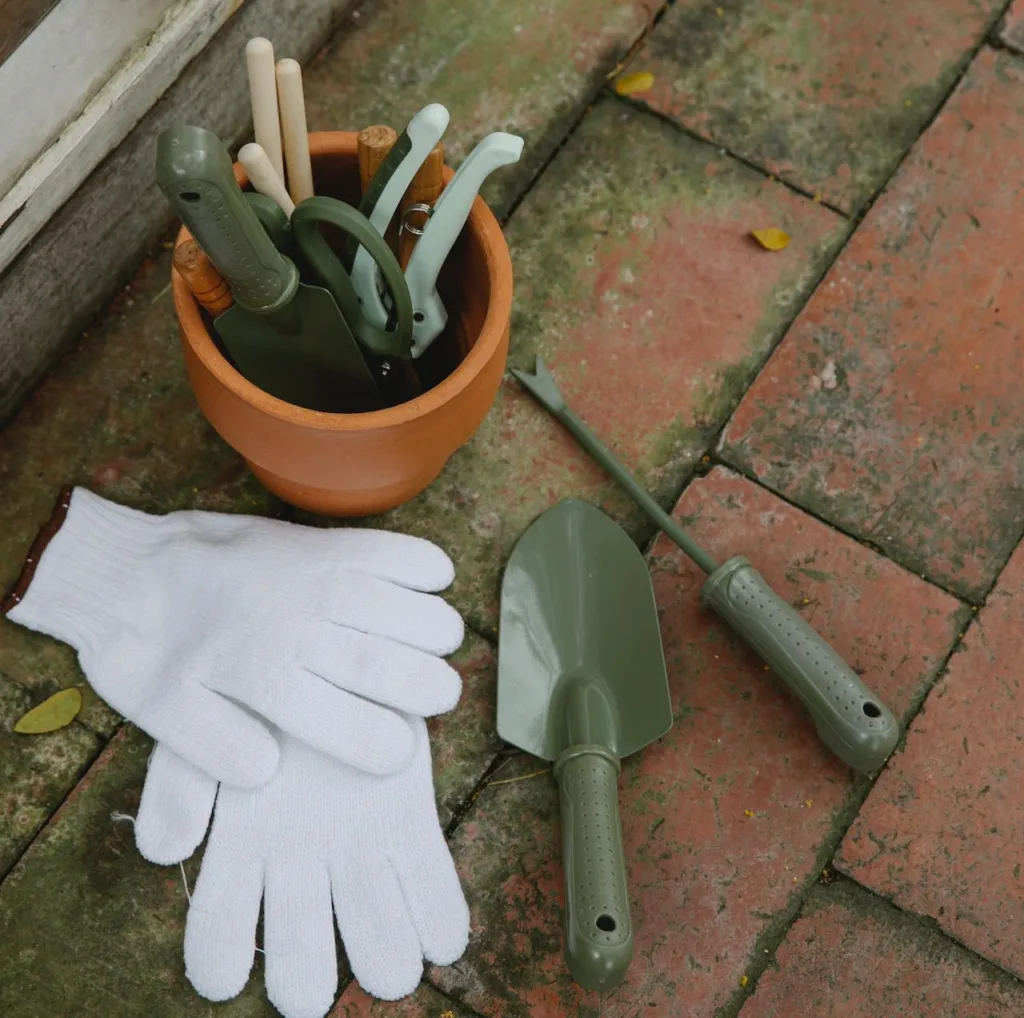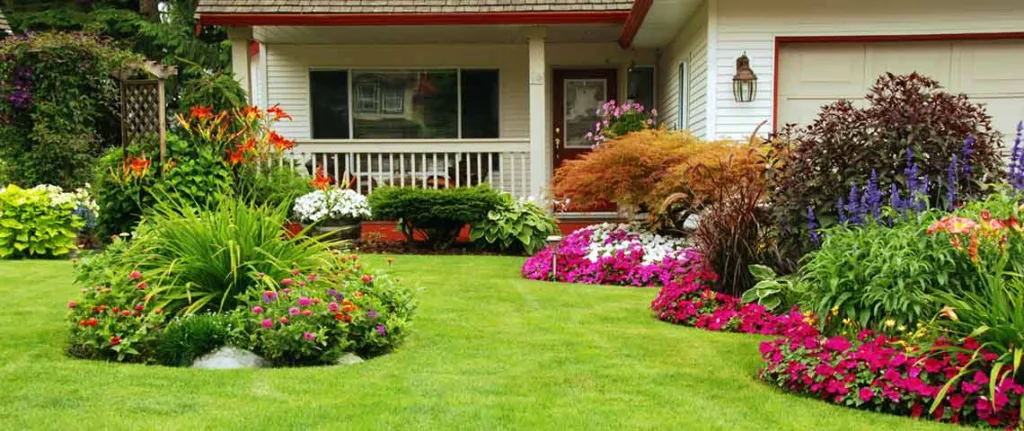Gardening is much more than just a pastime – it is a therapeutic, rewarding, and fulfilling activity that can have many positive impacts on your physical, mental, and emotional well-being.
Whether you have a spacious backyard or a small balcony, creating your own green oasis at home can give you a sense of control, connection to nature, and endless joy. Let’s explore the numerous benefits of gardening at home and discover why it is a practice worth cultivating.
Boosts Mental Health
Gardening has been shown to have profound effects on mental health, reducing stress, anxiety, and depression. The act of tending to plants and watching them grow can be incredibly calming and grounding.
The fresh air, sunlight, and physical activity involved in gardening also contribute to a sense of well-being. Studies have even suggested that exposure to soil bacteria can increase serotonin levels, known as the “happy hormone,” in the brain.
Reduces Stress and Anxiety
When you immerse yourself in the tasks of gardening, such as weeding, planting, or watering, your mind becomes focused on the present moment.
This mindfulness practice can help alleviate stress and anxiety by diverting your attention away from worry and rumination. The repetitive motions and soothing sounds of nature can create a meditative state that promotes relaxation.
Improves Mood
Witnessing the growth and beauty of your garden can bring a sense of accomplishment and satisfaction, boosting your mood and self-esteem.
The bright colors, textures, and scents of flowers, herbs, and vegetables can stimulate the senses and evoke positive emotions. Being surrounded by nature’s beauty can inspire feelings of awe, wonder, and gratitude.

Enhances Physical Health
Gardening provides not only mental health advantages but also physical well-being benefits. Physical activities involved in gardening like digging, planting, and pruning can boost strength, flexibility, and cardiovascular health. Moreover, growing your fruits, vegetables, and herbs can result in a more nutritious diet and contribute to overall wellness.
Increases Physical Activity
Gardening is a low-impact form of exercise that can help you stay active without putting excessive strain on your joints and muscles. Spending time outdoors, bending, stretching, and lifting objects can contribute to improved mobility, coordination, and balance. Just 30 minutes of gardening a few times a week can make a significant difference in your physical fitness levels.
Provides Nutritious Produce
Growing your fruits and vegetables allows you to have access to fresh, organic produce that is free from harmful pesticides and chemicals. Consuming homegrown foods rich in vitamins, minerals, and antioxidants can support your immune system, digestion, and overall health. Furthermore, selecting what you plant gives you control over the quality and variety of food on your plate.
Cultivates Connection to Nature
Connecting with nature is essential for human well-being, and gardening offers a unique opportunity to engage with the natural world. By caring for plants, observing wildlife, and nurturing biodiversity, you can develop a deeper appreciation for the environment and foster a sense of stewardship for the planet. Building a garden at home can inspire eco-friendly practices and sustainable living.
Supports Biodiversity
Creating a garden with a diverse range of plants can attract pollinators, birds, and beneficial insects, promoting ecosystem health and balance.
By planting native species and avoiding harmful chemicals, you can create a haven for wildlife in your backyard. Observing the interactions between different species can offer insights into the interconnectedness of all living things.
Promotes Sustainability
Gardening at home encourages sustainable practices such as composting, rainwater harvesting, and organic gardening methods. By recycling kitchen scraps, conserving water, and using natural fertilizers, you can reduce your environmental footprint and contribute to a healthier planet. Growing your food also reduces the need for transportation and packaging, minimizing carbon emissions.

Fosters Learning and Creativity
Gardening is a continuous learning process that challenges you to experiment, problem-solve, and adapt to changing conditions. It provides an opportunity to explore new plants, techniques, and designs, fueling your creativity and curiosity. Whether you are a beginner or an experienced gardener, there is always something new to discover and cultivate.
Develops Skills
Engaging in gardening activities exposes you to a wide range of skills, from planning and planting to pruning and propagating. You can learn about botanical names, soil composition, pest management, and seasonal gardening practices.
These practical skills can be applied not only in your garden but also in other areas of your life, fostering a sense of self-sufficiency and confidence.
Inspires Artistic Expression
Gardening is a form of art that allows you to express yourself through the creation of living masterpieces. Designing a garden layout, combining colors and textures, and experimenting with different plant combinations can unleash your artistic flair. Whether you prefer a formal, structured garden or a wild, naturalistic landscape, your garden reflects your unique personality and style.
Conclusion
Gardening at home offers many benefits for your mental, physical, and emotional well-being. From reducing stress and anxiety to improving mood and boosting physical health, cultivating a garden can have a transformative impact on your overall quality of life.
By connecting with nature, nurturing biodiversity, and fostering creativity, you can create a sanctuary that rejuvenates your mind, body, and spirit. So, roll up your sleeves, grab your trowel, and start reaping the rewards of gardening today!
FAQs
How important is the home garden?
- Home gardens are essential for various reasons:
- They provide fresh and nutritious produce, reducing reliance on store-bought fruits and vegetables.
- Home gardens contribute to environmental sustainability by promoting biodiversity and reducing food miles.
- Gardening can be a therapeutic and stress-relieving activity, enhancing mental well-being.
What is the use of a home garden?
- Home gardens serve multiple purposes:
- They provide a source of fresh fruits, vegetables, herbs, and flowers for personal consumption.
- Home gardens can enhance the aesthetic appeal of a property, adding beauty and character to outdoor spaces.
- Gardening fosters a connection with nature and promotes environmental awareness and stewardship.
What is the purpose of a garden?
- The purpose of a garden extends beyond mere aesthetics:
- Gardens provide a space for relaxation, recreation, and socialization, serving as outdoor living areas.
- They support biodiversity by attracting pollinators, birds, and beneficial insects.
- Gardens can serve educational purposes, teaching about plant life cycles, ecosystems, and sustainable gardening practices.
How can gardening improve your physical health?
- Gardening offers numerous physical health benefits:
- It provides moderate physical activity, promoting cardiovascular health and muscle strength.
- Spending time outdoors exposes individuals to sunlight, increasing vitamin D production and supporting bone health.
- Gardening tasks such as digging, planting, and weeding can improve flexibility, coordination, and dexterity.

